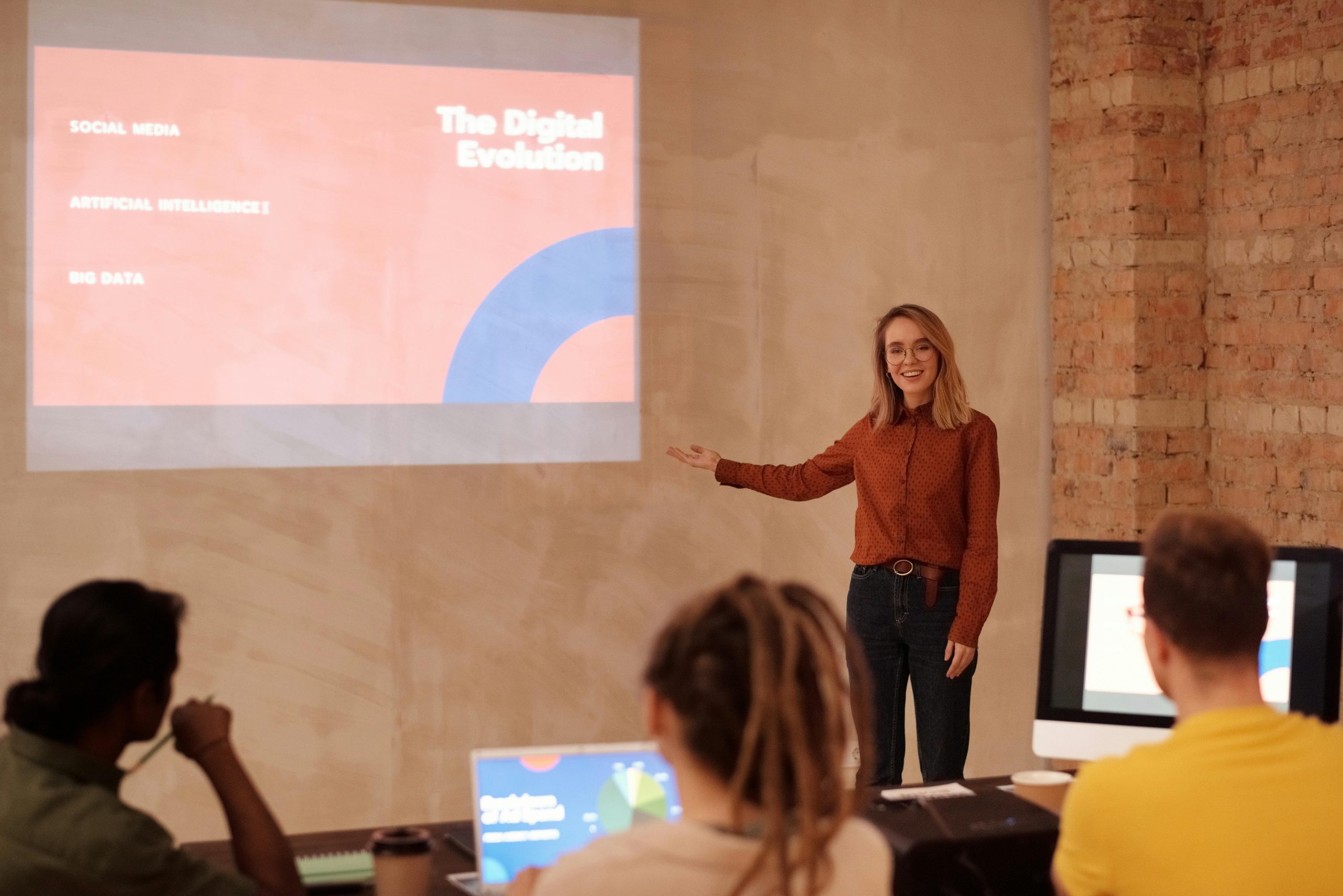How Joe Kiani Is Advancing AI-Powered Coaching for Personalized Wellness

Wellness is no longer about rigid programs or one-size-fits-all advice. It is becoming more personal, flexible, and focused on how people live. While technology once tracked numbers and offered generic feedback, a new generation of wellness tools is beginning to feel more like a guide. It is responsive, intuitive, and centered on daily support. Among those helping lead this development is Joe Kiani, founder of Masimo and Willow Laboratories. After decades of developing noninvasive health technologies, he is now turning his focus to behavioral change and lifestyle design. His latest innovation, Nutu™, is a digital wellness platform built to support small, sustainable shifts that reshape how people eat, sleep, move, and feel every day.
As people seek tools that meet them with more flexibility and less pressure, AI-powered coaching is emerging as a meaningful solution. These platforms do not just provide advice. They learn from patterns, adapt in real time, and offer support that fits seamlessly into everyday life. What follows is a closer look at how this new wave of personalized wellness is helping people feel better, one habit at a time.
From Programs to Patterns
Earlier wellness platforms often delivered the same routines to every user: preloaded goals, fixed schedules, and content libraries that did not adapt. But real life is not static, and effective wellness tools should not be either.
AI-powered coaching is changing the game by offering support that responds in real time. By learning from a person’s patterns, behaviors, and preferences, these systems provide relevant nudges when they matter most. If someone tends to feel low-energy midweek, the coach might suggest a walk on Thursday afternoons. If stress builds after long meetings, a prompt to breathe or step away arrives before burnout hits.
This real-time adaptability makes wellness feel less like a task and more like a conversation. It meets people where they are.
A Coach That Understands Your Rhythm
The most powerful aspect of AI-driven coaching is its ability to learn. It detects subtle trends in how people eat, sleep, move, and recharge, then gently encourages habits that promote energy and balance.
Instead of asking for ten thousand steps a day, a coach might notice that you sleep better after walking in the evening and recommend that instead. If you tend to snack late on days with poor sleep, you may prioritize a calming nighttime routine instead of tracking calories.
It is wellness with a context that supports and feels human because it responds to real behavior.
Making Wellness Easier, Not Harder
Old-school tools often overwhelmed users with data, charts, or strict goals. AI-powered coaches are different. They reduce friction by highlighting what matters most and offering timely, achievable suggestions that feel doable.
If someone logs poor sleep, the coach might suggest a hydration tip or light morning movement. If meals are skipped, it may recommend a small snack to support mood and energy. The goal is not to fix people.
It is to make it easier for them to support themselves in small, smart ways.
Everyday Support, Not Just Special Moments
Most wellness decisions are not made in gyms or clinics. They happen in kitchens, offices, and during commutes. AI-powered coaches fill the space between bigger wellness efforts, helping people feel anchored throughout the day.
These platforms do not need to know everything to be helpful. They focus on timing, tone, and personalization, offering suggestions only when it matters. That could be a short walk after a tough call, a reminder to step away from a screen, or an insight about how today’s mood connects to last night’s sleep.
Wellness becomes part of the background, not another task on the to-do list.
A Lead-In to Habit Change
At the center of this wellness shift is a simple but powerful idea: real change starts with what people already do, not with overhauls, restrictions, or rigid plans. The most effective wellness tools are the ones that understand this. They do not try to control their behavior. They encourage small, consistent adjustments that work with a person’s natural rhythm, not against it.
Joe Kiani, Masimo founder, notes, “What’s unique about Nutu is that it’s meant to create minor changes that will lead to sustainable, lifelong positive results. I’ve seen so many people start on medication, start on fad diets… and people do not stick with those because it is not their habit.”
This philosophy, rooted in habit, not willpower, is at the heart of the digital platform’s design. The platform does not demand perfection. It helps people feel supported as they build routines that fit naturally into their lives.
A Shift Reflected in Real Life
This shift is also being reflected in how wellness is being discussed and approached in everyday environments. Workplaces, schools, and communities are beginning to understand that health is not about peak performance but about daily resilience. AI-powered platforms can support this shift by encouraging short movement breaks, helping users recognize early signs of fatigue, or even suggesting moments of rest before burnout sets in.
The key is subtlety. The most effective coaching does not interrupt or dictate. It blends into the flow of the day, helping people make slightly better choices without requiring a complete reset. That is what makes modern wellness more sustainable. It is not a reboot. It is a rhythm that gets easier with time.
Even more importantly, these tools help restore a sense of self-trust. Instead of waiting for expert validation, people begin to recognize their cues and patterns. With the right guidance, they gain clarity and confidence in how to support their energy, focus, and well-being on their terms.
Built for People, Not Just Performance
As AI becomes more integrated into wellness, it must be handled with care. That means protecting user privacy, ensuring transparency, and building diversity. The most meaningful tools are those that adapt to different lifestyles, cultures, and access levels.
Features like adjustable language, culturally sensitive recommendations, and clear data consent help ensure that everyone feels seen, not managed. Personalization must feel empowering, not prescriptive. Trust is built not just through accuracy, but through respect.
The Future of Wellness Is Personal
The most exciting shift in digital wellness is not just about smarter tech. It is about a better relationship with our well-being. AI-powered coaches move beyond rigid apps and into the space of daily companionship, soft, adaptive tools that help people feel supported without being micromanaged.
The real value is not tracking perfection. It is in building confidence. Over time, these tools help people notice their patterns, trust their instincts, and take meaningful action without needing to overhaul their entire lifestyle.
We are entering a new era of wellness, one where tools work with us, not against us. Where health guidance is timely, personalized, and rooted in kindness, not pressure. AI-powered coaching, when thoughtfully designed, can help people create better days not by managing them, but by understanding them. And in the process, it can help people build habits that last not for weeks, but for a lifetime.

